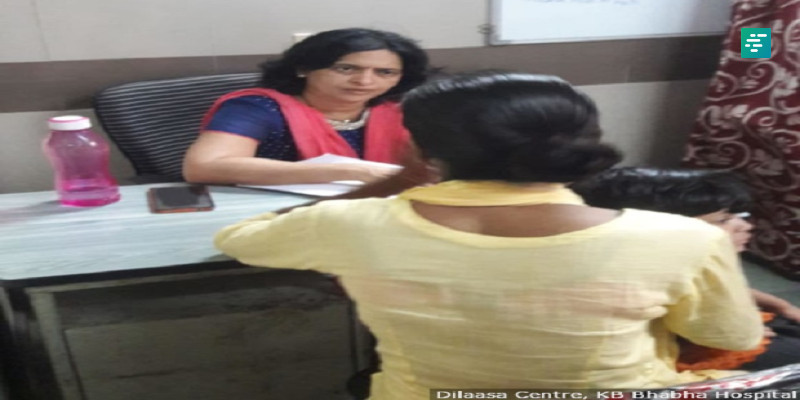
Rima Chari, whose name has been changed to protect her identity, endured a life marked by frequent hospital visits due to childbirth and injuries from her husband's abuse. During one visit to Mumbai’s K B Bhaba Hospital, she concealed her husband's brutality, attributing her hand injury to a fall. However, doctors, adept at recognizing signs of domestic violence, gently probed until she disclosed that her husband had attacked her with a brick.
Chari and her husband, migrants from Uttar Pradesh, made a living through rag-picking in Mumbai. Her husband’s controlling behavior deprived her of working, communicating with others, and even restricted her access to contraceptives.
Nationally, the National Family Health Survey (NFHS-4) highlighted that nearly one in three married women aged 15-49 experienced spousal violence, and 3.9% encountered violence during pregnancy. Shockingly, only 14% of the affected women sought help, while 77% did not disclose or seek assistance for the violence they endured.
Although hospitals are the primary refuge for women facing violence, they often don’t receive the necessary care. Experts note that doctors either fail to recognize or intentionally disregard signs of abuse, treating these cases purely from a medical perspective, neglecting social and psychological support.
Dilaasa centers, backed by National Health Mission funds, strive to rectify this by providing comprehensive care to women enduring violence. Commencing in 2001 at K B Bhaba Hospital in Mumbai, these centers have assisted over 8,000 women, effectively identifying over 5,600 potential victims of domestic violence between 2016 and 2018. This model has garnered recognition, prompting replication in various states across India.

Chari, despite the language barrier, confided in the counsellors at the Dilaasa center, detailing her husband’s assaults. Empowered with guidance and strategies to prevent violence, she summoned the courage to confront her husband and demand an end to the abuse. Miraculously, her husband relented, ceasing the violence. Regular visits to the Dilaasa center and ongoing discussions fortified her resolve, ensuring the violence never resurfaced.
The Dilaasa centers, aptly named meaning 'reassurance', are strategically placed within hospital premises, offering women seeking support the anonymity they need. These centers proactively identify potential victims, aiding early intervention, and even collect medical evidence in cases of sexual violence.
Recognizing hospitals as vital points to reach out to women facing violence, the Municipal Corporation of Greater Mumbai established 11 Dilaasa centers in 2016. They aim to formalize a healthcare response to violence against women and children, providing a platform for these victims to seek support confidentially.
The Dilaasa centers follow feminist counselling, delving into the social and gender contexts of the victims’ plight and empowering them to protect themselves. They assure women that violence is not their fault but stems from societal norms and power dynamics.
These centers have successfully changed perceptions among medical staff, training them to consider violence through a gender lens. Resident doctors receive training every six months to recognize and address violence against women and children sensitively.
For women like Chari, Dilaasa centers represent more than just support; they offer a chance to confront violence, seek resolution, and potentially start anew.